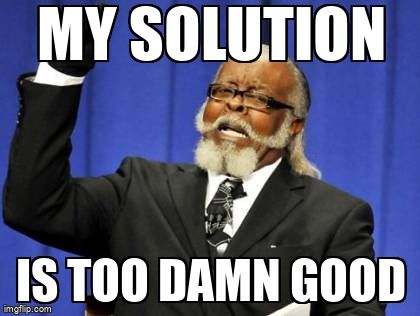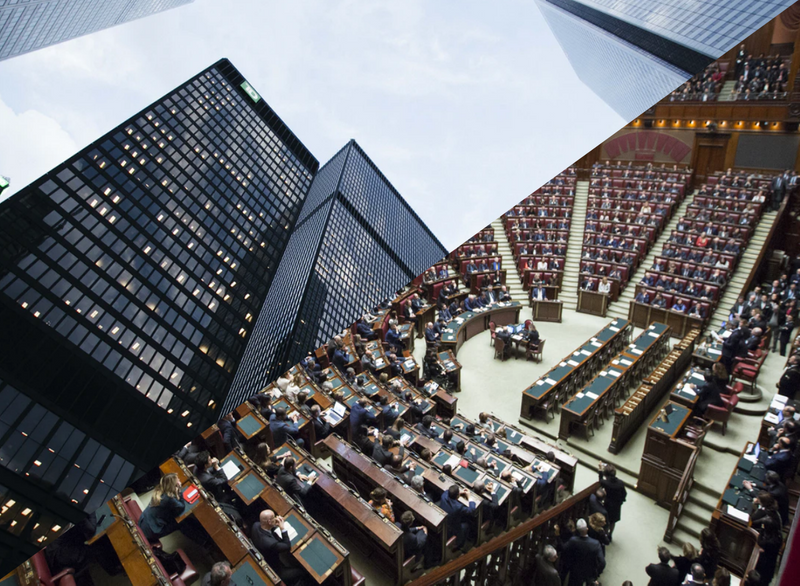
This logo isn't an ad or affiliate link. It's an organization that shares in our mission, and empowered the authors to share their insights in Byte form.
Rumie vets Bytes for compliance with our
Standards.
The organization is responsible for the completeness and reliability of the content.
Learn more
about how Rumie works with partners.
Do you ever look at a problem and think, "I can help fix this!"

If so, you might be an aspiring policy analyst!
What do they do?
Policy analysts research and provide advice on current issues to someone in a position of authority. They help determine the direction of organizations and governments.
Day-to-day:
Your daily activities will depend on your field and workplace, but all policy analysts do a few key things:
Research current and historical issues
Meet with project teams, managers, and people or groups interested in their project (these are called "stakeholders")
Write reports, policies, or briefs to advise managers on what they should do with a certain problem

Did you know?
Where Do Policy Analysts Work?
Public Service vs. Private Sector
You can choose to work in government (as a public servant) or in a private business.
Government: you will often work in a ministry or government agency, providing policy support to managers or even ministers
Private sector: you will likely provide policy support to managers or members of the board that run the business

Generalist vs. Specialist
Generalists work on a variety of problems that may not require advanced knowledge
Specialists focus on only one area that requires advanced knowledge — for example, a medical doctor might work on health policy or an economist on economic policy
What Would Make Me Right/Wrong For The Job?
 A good fit if you:
A good fit if you:
love to research and discover new things
love to write reports and present your solutions to problems
want to use your research to make a positive change
are passionate about serving the public or an organization
 Maybe not for you if:
Maybe not for you if:
you aren't a fan of reading or writing
you aren't comfortable giving advice to your boss
you aren't interested in current events
Quiz
You should consider being a policy analyst if you:
As a policy analyst, you'll need to keep on top of events and explain trends to people.
Do I Need A Degree?
Almost all policy analyst jobs require a university degree
As a generalist, many policy analysts have a Bachelor or Master of Arts in business, political science, or public policy
As a specialist, you may also be required to have a degree in a specific area — for example, a public health policy analyst may need to be a medical doctor (M.D.)

This is something you will have to research before you select your degree path, as it will be slightly different for each employer.
Take Action

Here are a few things you can do if you want to become a policy analyst:
This Byte has been authored by
Michel Di Giovanni
New M.A. Graduate